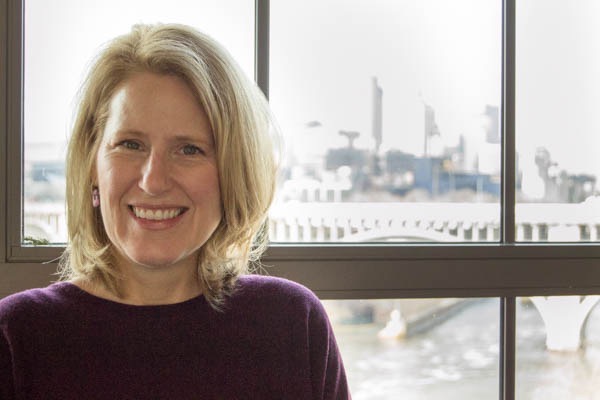College For All
1/9/2019


By Jennifer Kunze, Ph.D.
Director of Ramp-Up to Readiness
What does college for all really mean? Does it mean all students need to attend a four-year university? Certainly not. Today, college has come to mean any type of postsecondary program that offers learners a certificate or degree program. Much evidence indicates that earning a certificate or degree will help workers remain employed even in tough financial times and will likely earn them at least a middle-income salary.
Does it mean that all students have the same academic potential? Clearly not. Students have vastly different ways of learning, experiences, interests, and aptitudes. As a result, there are now postsecondary options for a wide array of students, including those with cognitive disabilities. For example, Bethel University in St. Paul, Minnesota, offers a two-year residential program for students with intellectual disabilities that allows them to earn a skills certificate. There are many similar options across the country. Check out Think College, which is a national organization dedicated to creating, broadening, and improving inclusive higher education options for people with intellectual disability to learn more. On the Think College website you will find an interactive map that highlights activities related to postsecondary education for students with intellectual disability.
Does it mean that college is a better postsecondary path than the military or an apprenticeship? Not necessarily. Valuable skills and certificate options can be earned while apprenticing or while serving our country. Soldiers serving in the U.S. Army, for example, can now self-enroll for no extra cost into credentialing programs that they can use once they leave active duty. Trade apprenticeships lead to credentials that are recognized across the country, and often technical and community colleges have similar programs in partnership with the trades. Many lead to jobs that are not likely to be replaced by a computer or robot.
With so many postsecondary options, educators and families need to know that that college is now truly for all. No exceptions. As result, it is urgent that we convey this message early and often to our students. For this reason, schools and out-of-school programs in OR, UT, KS, TX, ND, MN, WI, MI, OH, and CT have chosen to use Ramp-Up to Readiness™ for their 6th through 12th-grade students. The Ramp-Up curriculum reinforces that college is for all by guiding students’ learning about the vast array of postsecondary options and the benefits of each. For more information about Ramp-Up to Readiness, click the button below.
About the Author: Jennifer Kunze, Ph.D., is the Director of Ramp-Up to Readiness at the University of Minnesota, and is thoroughly committed to college for all. Her additional professional interests include high quality instruction, professional learning systems, and labor trends. She is also a licensed social studies teacher, and has worked in K-12 settings, leading efforts in curriculum and instruction, mentoring/coaching, alternative compensation, and postsecondary readiness.